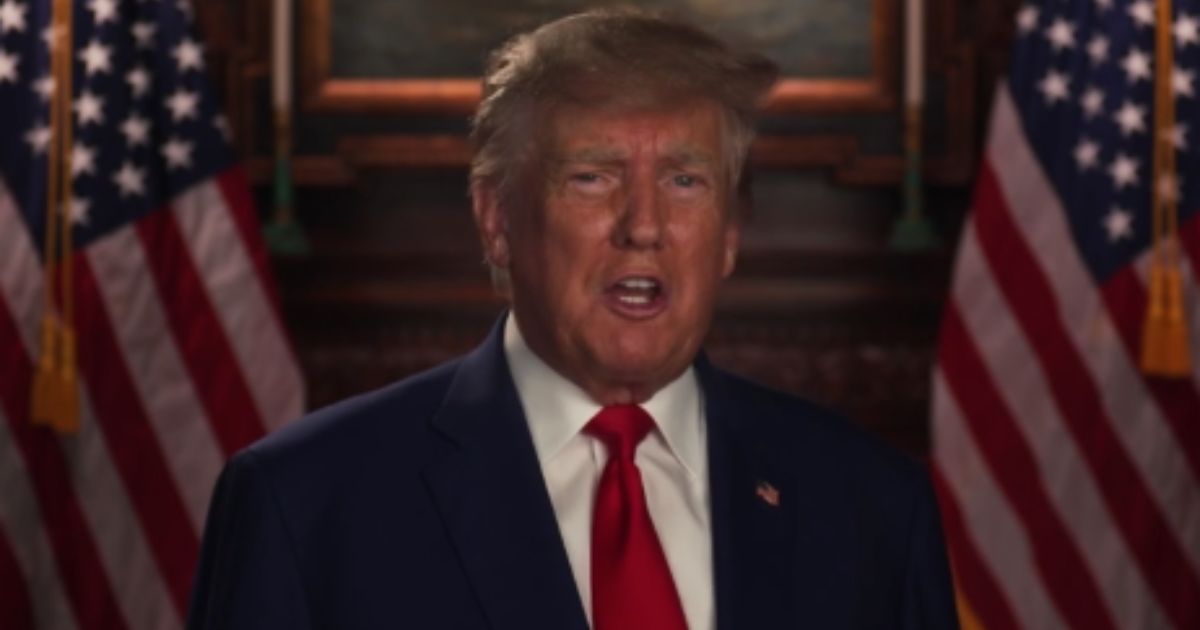Tokyo court orders the unification church to dissolve
In a landmark decision, the Tokyo District Court has mandated the dissolution of the controversial Unification Church.
According to Breitbart, A recent court ruling has directed the dissolution of the Unification Church over financial irregularities and improper solicitation methods.
The dissolution follows a prolonged scrutiny of the church's practices, particularly in light of its associations with notable political figures in Japan and the adverse impacts on its followers. The court highlighted the church's aggressive donation solicitation tactics and financial mismanagement.
Founded in 1954 by Sun Myung Moon, the organization commonly known as the Unification Church, and also pejoratively referred to as the "Moonies," has long faced criticism for its cult-like activities. The church gained notoriety for its mass weddings and has rebranded several times since the 1990s, though critics argue its core practices remained unchanged.
Recent investigations have unveiled the deep connections between the church and Japan's ruling Liberal Democratic Party (LDP). This connection has drawn public ire and legislative scrutiny, particularly after the role these ties reportedly played in personal and financial tragedies affecting its members.
The Fall From Grace: Tokyo Court's Historic Ruling
The Japanese Education Ministry initiated legal actions against the church in October 2023. The ministry accused the church of exploiting its followers, many of whom donated large sums because they felt guilty over Japan’s historical wartime actions. The court determined that this exploitation caused significant financial and personal losses among the followers.
Court documents revealed the tragic narrative of Yamagami Tetsuya. Authorities accused Tetsuya of assassinating former Prime Minister Abe Shinzo in 2022. He claimed that his family went bankrupt because his mother made sizable donations to the church, influenced by its relationships with political figures like Abe.
The government-led investigation further uncovered that 179 out of 379 LDP lawmakers had connections with the Unification Church. Investigators viewed this as evidence of the church’s significant influence within Japanese political circles.
Impact and Repercussions of Unification Church Practices
Following the assassination of Abe, public scrutiny intensified, revealing the extensive financial burdens placed on followers. The Education Ministry’s case against the church highlighted the plight of approximately 1,550 victims who suffered a combined loss of 20.4 billion yen ($137 million).
The church’s aggressive solicitation methods, combined with its exploitation of historical guilt, were deemed by the court to be factors warranting its dissolution. The dissolution includes orders to liquidate its assets but stops short of prohibiting its members from continuing religious proselytization.
This ruling marks the first instance in Japan where a religious organization might lose its tax-exempt status via a civil court case. Such a move could set a legal precedent impacting how religious groups are regulated in Japan.
Unification Church's Defense and Future Steps
The Unification Church, unyielding in its stance, has expressed plans to appeal the ruling. The church argues that the dissolution order infringes upon its rights to religious freedom. They maintain that their fundraising practices are in line with religious customs and deny any allegations of coercion.
This legal battle not only poses significant implications for the church but also stirs a broader debate about the intersection of religion, politics, and personal freedom in Japan. The outcome of the appeal could potentially reshape the regulatory landscape for religious organizations across the nation.
The dissolution of the Unification Church by the Tokyo District Court represents a significant shift in Japan's approach to managing religious entities. The case continues to attract attention both domestically and internationally, as it touches upon delicate issues of personal rights and national regulation of religious practices.
Looking Forward: Japan's Religious Landscape Post-Unification Church
As the Unification Church prepares for its appeal, Japan's courts will soon again be the stage for a significant examination of how democracy balances deeply held religious convictions with the need to protect its citizens from exploitation. The verdict of the appellate court will be highly anticipated and will undoubtedly influence the future dynamic between the state and religious organizations in Japan.





